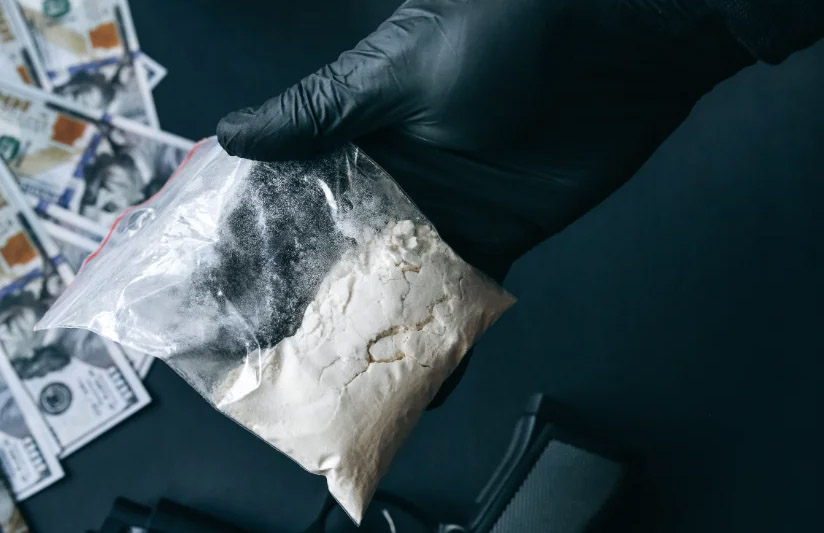The Union Territory of Jammu and Kashmir is facing a rising drug crisis that significantly threatens public health and safety. Recent statistics reported in Parliament reveal the concerning extent of this issue: since 2021, more than 6,500 cases have been filed, leading to 9,424 arrests under the Narcotics Drugs and Psychotropic Substances Act. Additionally, nearly 8,000 kilograms of narcotics have been destroyed in the past five years. These figures indicate the entrenched problem of drug abuse and trafficking in the region, highlighting the urgent need for thorough and ongoing measures to tackle it. Data from the Ministry of Social Justice and Empowerment and the Ministry of Home Affairs show a worrying increase in these figures year after year. The statistics underscore not only the widespread nature of the drug issue but also the proactive actions taken by law enforcement to counter it. The elimination of 830 kilograms of hashish, 272 kilograms of heroin, and 6,722 kilograms of poppy straw in J&K over the past five years illustrates the severity of narcotics circulation in the area. Furthermore, significant amounts of intoxicants, such as tablets, have also been confiscated and destroyed. While these efforts are commendable, they are merely the beginning of the fight against drug abuse and trafficking.
Several elements contribute to the escalating drug crisis in J&K. Geographically, the region’s closeness to international borders renders it susceptible to cross-border drug trade. The porous nature of these borders encourages the smuggling of narcotics, primarily from locations such as Afghanistan, a leading source of opiates. Additionally, socio-economic challenges, such as high unemployment and low levels of awareness, render the youth especially vulnerable to substance misuse.
Acknowledging the severity of the situation, the Government has adopted various strategies to tackle drug abuse and trafficking. The establishment of a four-tier Narco-Coordination Centre is a crucial advancement towards improved collaboration between central and state drug law enforcement entities. The creation of the NCORD portal provides a centralized platform for sharing drug law enforcement information, fostering a more unified strategy. The formation of dedicated Anti-Narcotics Task Forces in every state and Union Territory, including J&K, further enhances the institutional framework designed to combat this crisis. Moreover, the Joint Coordination Committee, chaired by the Director General of the Narcotics Control Bureau, has been instituted to oversee the investigation of major drug seizures. The Government has also prioritized upgrading forensic science laboratories, vital for analyzing evidence in drug-related cases.
While effective law enforcement is paramount in addressing the supply side of drug trafficking, tackling the demand side is equally crucial. The National Action Plan for Drug Demand Reduction, launched by the Department of Social Justice and Empowerment, seeks to mitigate substance abuse through awareness initiatives, counselling, and rehabilitation. Under this centrally sponsored scheme, financial support is provided to states and Union Territories for initiatives aimed at decreasing drug demand. Additionally, the launch of the National Narcotics Helpline, “Madak-Padarth Nished Asoochna Kendra,” is another remarkable initiative. This 24×7 toll-free helpline allows citizens to report and seek help for drug-related issues through various communication channels, including calls, SMS, chatbots, and emails. Such initiatives are essential in creating a support network for those grappling with addiction.
The battle against drug abuse in J&K necessitates a comprehensive approach that transcends law enforcement. Consistent public awareness campaigns can effectively address drug addiction. Rehabilitation centers must be well-equipped with sufficient resources and trained staff to assist individuals in overcoming their addiction. Simultaneously, integrating mental health services into the healthcare framework is critical to addressing the underlying factors contributing to substance abuse. Strengthening border security and enhancing intelligence operations can significantly disrupt the supply chains utilized by drug traffickers. While significant progress has been made in addressing the issue, much more work is needed to eliminate this societal plague from the region.


Leave a Reply